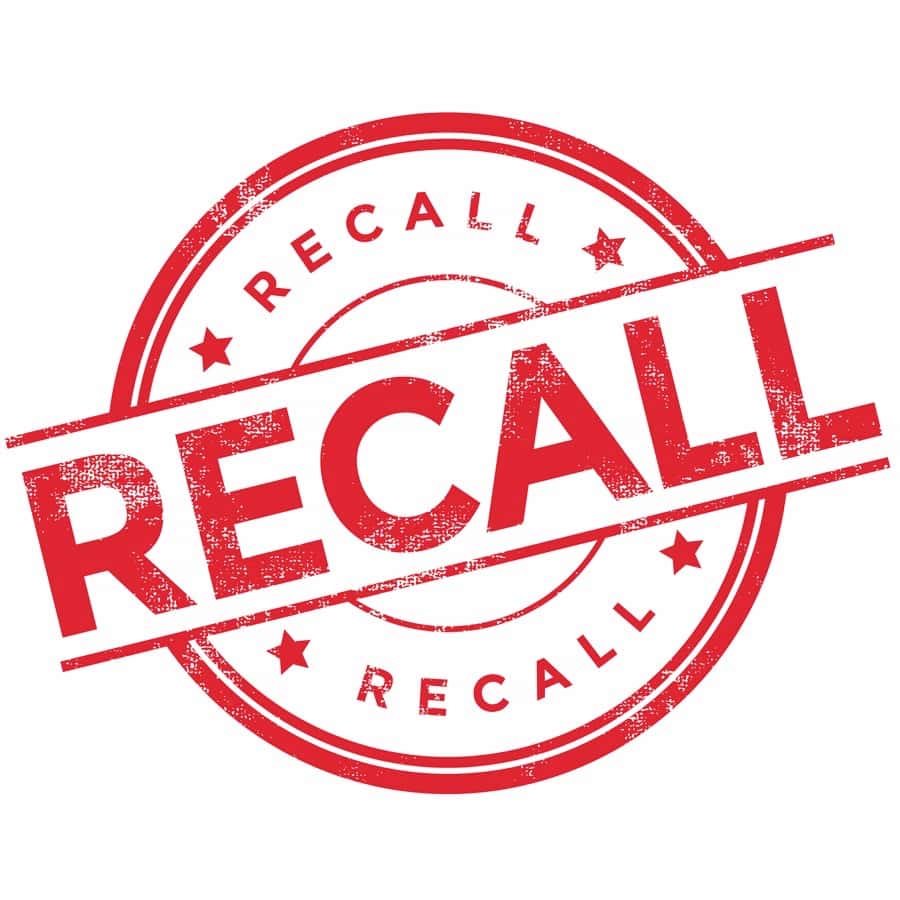
Not Again! We have had it with carcinogenic contamination of pharmaceuticals. This has been happening far too often. The latest scandal involves more than 7,000 bottles of generic duloxetine (Cymbalta). This duloxetine recall is just the latest in a long list of contaminated pharmaceuticals.
Before you panic and throw out your antidepressant, check the label. This recall only applies to duloxetine manufactured by Towa Pharmaceutical. At the moment, no other generic duloxetine product has been identified as contaminated.
Towa’s Duloxetine Recall Involves 7,107 Bottles:
You may think that 7,107 bottles of contaminated duloxetine is not that big a deal. Wait! We’re talking about 500 long-acting capsules in each bottle. This is a situation where the pharmacist takes a month’s worth of pills out of a big bottle and puts them in little bottles.
Multiply 500 x 7,107 bottles and you get 3,553,500 contaminated capsules. That is equivalent to 118,450 monthly bottles of medicine. Now you get the idea that this could involve a lot of people after all.
Nitrosamine Contamination Leads to Duloxetine Recall:
So, what’s the problem with duloxetine from Towa Pharmaceutical? It turns out that these capsules were contaminated with N-nitroso-duloxetine. That’s a mouthful. In essence it means that this antidepressant was contaminated with a specific nitrosamine. Nitrosamines are carcinogens, which means that they increase the risk for developing cancer. Now you understand why the FDA called for the duloxetine recall.
We have written extensively about the nitrosamine contamination of pharmaceuticals over the last several years. There were a lot of nitrosamine headlines on October 9, 2024. That’s when GSK announced that it would settle over 80,000 Zantac lawsuits.
The drug company agreed to pay $2.2 billion because of the nitrosamine contamination of its popular acid-suppressing drug. The cases were brought by individuals who believed their cancers were caused in part by nitrosamine contamination of Zantac.
If you go back a bit further, though, you can read about nitrosamines in some blood pressure pills such as valsartan and losartan, some metformin diabetes drugs, and a number of other medications.
Not Just a Duloxetine Recall: Let’s Not Forget Benzene!
It’s not just nitrosamines. Benzene is a potent carcinogen.
The American Cancer Society states in no uncertain terms that:
“Benzene is known to cause cancer, based on evidence from studies in both people and lab animals. The link between benzene and cancer has largely focused on leukemia and other cancers of blood cells.”
On October 21, 2024, I wrote an article titled:
Carcinogenic Benzene Is Found in Acne and Rosacea Products
A research article in a prestigious dermatology journal reports that benzene was found in many acne products.
The research was published in The Journal of Investigative Dermatology, Oct. 2024. Many dermatologists consider it the premier research journal in their field. The results were shocking. This investigation revealed that 34% of the tested products had unacceptable levels of benzene.
Benzene has also been found in deodorants and antiperspirants, dry hair conditioners and shampoos and hand sanitizers.
The Duloxetine Recall: Just the Tip of the Iceberg?
There may be carcinogenic nitrosamines in over 200 pharmaceuticals. The FDA has created a “Guidance for Industry” that describes “Nitrosamine Impurity Acceptable Intake Limits.” The FDA uses the abbreviation AI. It does not mean artificial intelligence. The FDA uses this AI abbreviation to mean Acceptable Intake. We will not bore you with all the details of this document. It is filled with classic FDA jargon.
The bottom line seems to be that the FDA will allow nitrosamine impurities in pharmaceuticals as long as they are below a certain threshold. Please note the phrase, “If data are available.” It starts this derriere-covering section:
“If data are available, a recommended AI limit can be based on a safety assessment that includes evaluation of the mutagenic and carcinogenic potential of the impurity; such a limit would represent the level at or below which FDA has determined that the impurity or impurities would not pose a safety concern for patients.”
How many drugs might be affected. An insider suggests to me that over 200 medications could have nitrosamine contaminants. Are they a serious problem? I guess it all depends upon your definition of problem. The FDA seems OK with the concept of “Acceptable Intake” (AI) levels. I believe most people would prefer to avoid nitrosamines in any amount.
The Duloxetine Recall:
Final Words and a BIG Caution:
This article started with the health headlines this week regarding the recall of millions of duloxetine capsules. No one should ever stop taking duloxetine (Cymbalta) suddenly! And that goes for Towa Pharmaceutical’s contaminated duloxetine. When people have been taking antidepressants like duloxetine for a while, their bodies adapt. That means stopping such a drug suddenly can lead to very unpleasant withdrawal symptoms.
Here is an article that describes the problem and offers a solution:
Duloxetine (Cymbalta) Side Effects & Withdrawal
The anti-depressant Cymbalta (duloxetine) can cause a LOT of side effects, but stopping it suddenly could trigger nasty withdrawal symptoms.
What do you think about the duloxetine recall? Please share your thoughts about carcinogens in pharmaceuticals in the comment section below. Should the FDA be tougher on drug companies that create pharmaceuticals with carcinogens?
If you think this article has value, please share it with friends, colleagues and family members. If you appreciate our newsletter and/or our podcasts, you can encourage them to subscribe to our newsletter at this link.

